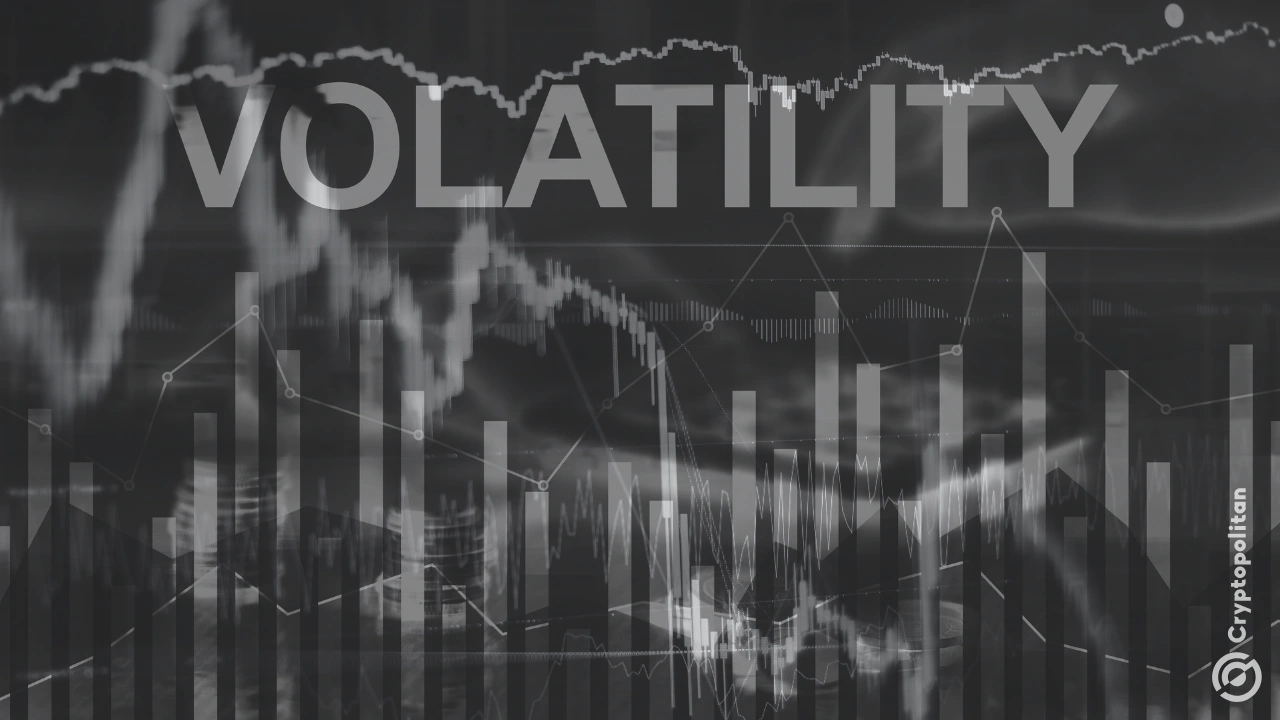Market predictions this year serve little to no good, according to Bloomberg analysts. Several projections have been centered on the growth of artificial intelligence (AI), which is expected to boost financial markets across every industry. But as history may have it, even good gambles can end in unrecoverable losses. How much more bad ones?During the 1970s, Wall Street investors admitted to favoring the top 10 to 15 stocks driving the US market, which accounted for 40% of market capitalization at the time. They completely failed to consider external factors like geopolitical tensions and macroeconomic policies, as chronicled in George Goodman’s Supermoney. Many “go-go” US equities of the 1960s crashed, leaving fund managers with nothing, not even scraps. “We didn’t pay attention,” said a speaker at a financial conference. We are now in a parallel situation; the top 10 US stocks account for 30% of the market. Like clockwork, forecasters are calling 2025 the year of “AI and tech innovation.” Suppose 1970 happens all over again, are the “financial experts” really to blame? Or is 2025 a year of common sense? Lessons from the past: Eyes open to the bigger picture In 2024, Wall Street had nothing short of a remarkable performance, delivering the strongest back-to-back returns since the prosperous Clinton-era markets of the late 1990s. However, some market analysts are concerned that the stock market’s rise is “too good to be true.” Critics warn that certain stock valuations have become detached from economic fundamentals. Much like the 1970s, they fear a potentially severe market correction that could ripple through the broader economy is looming. “I’m very concerned because the stock market is pricing in nothing but blue skies and sunshine forever,” Mark Zandi, chief economist at Moody’s Analytics, told CNN. Zandi further cautioned that the current market environment is “very richly valued, bordering on frothy.” The seemingly unshakeable confidence in the market’s trajectory could face a reckoning, and if investors are not wary, they could be in for a rude awakening. Financial forecasters often sidestep accountability, says Elliott Appel, founder of Kindness Financial Planning. He likens their predictions to gamblers chasing a streak, noting the near impossibility of finding historical records of accurate stock market forecasts. “If stock market forecasts were useful and accurate, you would have an easy time finding past predictions,” Appel reckoned. “If you don’t believe me, try searching for historical stock market predictions from any company or individual. They are nearly impossible to find.” Verdad Capital’s Portfolio Manager Dan Rasmussen seconds the sentiment around market predictions. In a recent podcast, he called long-term projections “pure coin flips.” “If you could forecast immaculately, it still wouldn’t help you much. Even with full retrospective prescience, you can’t e

